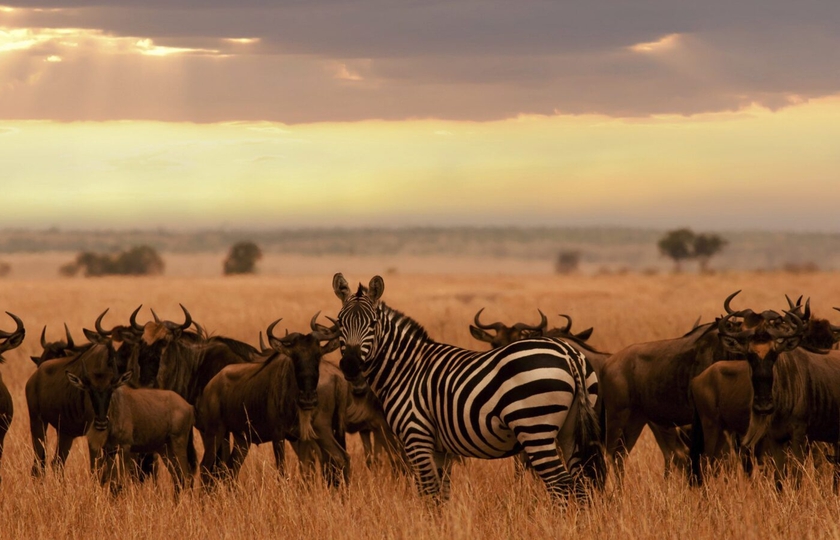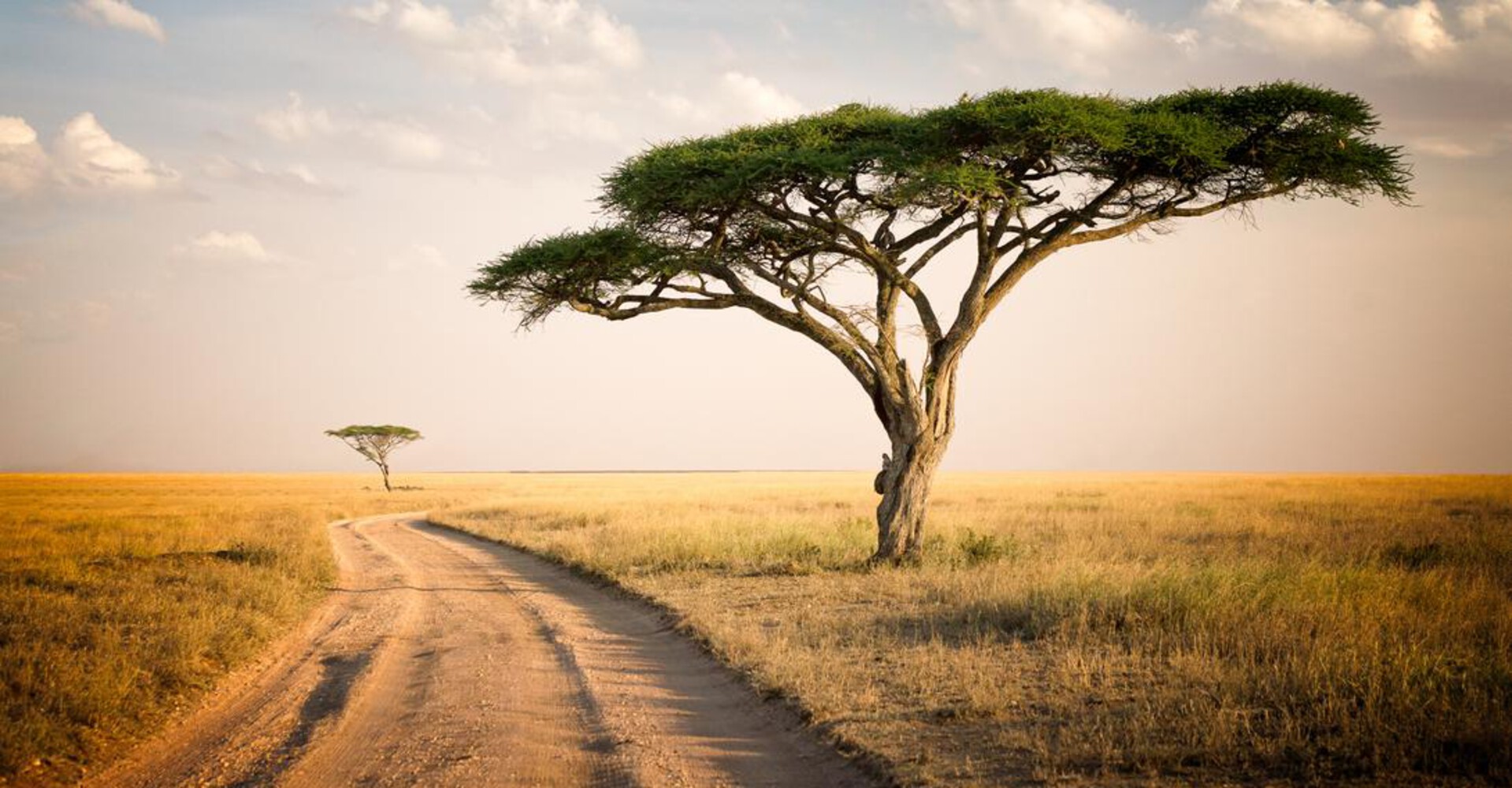Is Tanzania Safe for Safari Travelers in 2025? What You Need to Know Before You Go

Is Tanzania Safe for Safari Travelers in 2025? What You Need to Know Before You Go
Understand the real safety landscape for tourists planning a safari in Tanzania
Introduction
Tanzania is one of the top safari destinations in Africa, drawing thousands of travelers each year to explore its iconic landscapes — from the vast plains of the Serengeti to the dramatic Ngorongoro Crater and the towering peak of Mount Kilimanjaro. But for many first-time visitors, one question often comes up early in the planning process: Is Tanzania safe for tourists?
The short answer is yes — Tanzania is generally considered one of the safest countries in East Africa for travelers. However, like any international destination, it’s important to travel with awareness, preparation, and a reliable tour operator. This guide will give you a clear, honest overview of safety in Tanzania for safari travelers, covering health, security, wildlife protocols, and essential travel tips.
Is Tanzania Safe for Tourists?
Tanzania is politically stable, welcoming to foreigners, and deeply invested in tourism as a key part of its economy. The country has built a strong reputation for its warm hospitality, low crime rate in safari regions, and smooth infrastructure in popular national parks.
That said, safety always depends on context. There are different considerations for tourists spending time in Arusha town versus those spending nights in remote camps inside Tarangire or the Serengeti.
When traveling with a reputable, licensed local operator, the risks are significantly reduced. Your itinerary is carefully designed, transport is secure, and your guide plays a crucial role in ensuring safety throughout the journey.
Safety in the Safari Parks
1. Wildlife Safety
Wildlife is unpredictable, and Tanzania’s parks are home to some of Africa’s most powerful animals. However, strict safety protocols are in place and enforced by both guides and park authorities.
-
Stay inside your vehicle unless instructed otherwise
-
Never approach animals on foot unless on a guided walking safari
-
Keep voices low during game drives to avoid disturbing wildlife
-
Tents and lodges in safari areas are protected and monitored
Camping safaris in public campsites are safe when conducted by experienced operators. Park rangers patrol regularly, and guides are trained in wilderness safety.
2. Guided Game Drives & Licensed Operators
Choosing a licensed tour company is key. Guides must pass certification programs in wildlife knowledge, first aid, and driving. Vehicles should be equipped with radios, spare tires, first aid kits, and cool boxes.
Traveling independently is not recommended in national parks — stick with an organized tour for both safety and a richer experience.
Urban Safety: Arusha, Moshi & Dar es Salaam
Major cities and towns like Arusha and Moshi are typically the starting points for safaris and Kilimanjaro treks. These are relatively safe, especially in tourist areas, but travelers should still follow standard city safety precautions:
-
Avoid walking alone at night
-
Keep valuables out of sight and use hotel safes
-
Beware of petty theft in crowded places or markets
-
Use reputable taxi services (not unmarked vehicles)
-
Ignore aggressive street touts — politely decline and walk away
In Dar es Salaam, which is larger and more complex, extra caution is advised, especially in non-tourist areas.
Health & Medical Safety
1. Vaccinations
The following vaccinations are recommended for travel to Tanzania:
-
Yellow Fever: Required if coming from or transiting through an endemic country
-
Hepatitis A & B
-
Typhoid
-
Tetanus/Diphtheria booster
-
Rabies (in some cases, for extended travel or remote stays)
Always consult your physician or a travel clinic at least 4–6 weeks before travel.
2. Malaria Prevention
Tanzania is a malaria-risk country. While risk is lower in high-altitude areas (e.g., Ngorongoro), it still exists. To reduce your risk:
-
Take antimalarial medication (as prescribed)
-
Wear long sleeves and trousers after sunset
-
Use insect repellent with DEET or picaridin
-
Sleep under mosquito nets, especially in budget accommodations or camps
Most mid-range and luxury lodges provide nets and repellents.
3. Water & Food Safety
-
Drink only bottled or purified water
-
Avoid ice in rural areas unless confirmed filtered
-
Eat at trusted restaurants or within your lodge/camp
-
Avoid raw vegetables and unpeeled fruits if unsure about sanitation
Food prepared on safari is usually safe, as most operators follow high hygiene standards.
Road & Transport Safety
The most common form of transport on safari is the 4×4 Land Cruiser, which is rugged, safe, and equipped for tough terrain. Drivers are trained to navigate wildlife zones, poor roads, and long-distance travel.
Tips for road safety:
-
Always wear seat belts
-
Avoid night travel (even locals avoid this due to visibility and road condition)
-
Do not attempt self-driving safaris unless highly experienced in African conditions
-
Fly-in safaris are generally safe but have luggage restrictions (15 kg max)
Cultural & Social Awareness
Tanzania is a peaceful country with a mix of Christian, Muslim, and traditional beliefs. Respecting local customs and dressing modestly is essential in towns, markets, and villages.
-
Shoulders and knees should be covered in town settings
-
Avoid public displays of affection in rural or conservative areas
-
Always ask for permission before photographing people
-
Greet locals politely — Swahili greetings are widely appreciated
While Tanzania is not an LGBTQ+ travel hub, many safari regions are remote and welcoming to all respectful visitors. Discretion is advised in public urban spaces.
Is It Safe to Travel Solo?
Yes — solo travel on safari is increasingly popular and considered safe, especially for women. However, it is strongly advised to join a group tour or private guided safari rather than traveling independently. Safari regions are not designed for DIY travel.
Solo travelers benefit from:
-
Increased safety
-
Local insight and translation
-
Shared costs
-
Social connection
Travel Insurance Is Essential
Always purchase comprehensive travel insurance that includes:
-
Emergency medical coverage
-
Trip cancellation or interruption
-
Baggage loss or delay
-
Emergency evacuation (particularly important for remote parks)
Some camps and tour operators require proof of insurance before arrival.
Local Support & Emergency Numbers
Reputable safari companies provide 24/7 local support and quick access to emergency services. Tanzania has a functioning tourism support system, including:
-
Police tourism unit
-
Medical clinics in major towns
-
Safari vehicles with communication radios
-
Park rangers stationed across national parks
Keep a copy of your operator’s emergency contacts, hotel details, and embassy/consulate info in your daypack.
Final Thoughts
Tanzania is an exceptionally safe destination for travelers who plan smartly and travel with a trusted operator. Its stability, hospitality, and well-established safari industry make it one of Africa’s best places to visit — not just for the wildlife, but for peace of mind.
Whether you’re watching a lion stalk its prey in the Serengeti or sipping coffee by your lodge overlooking Ngorongoro, you can relax and enjoy knowing you’re in good hands.
Plan With Confidence
Our local team is here to make sure your Tanzania safari is not only extraordinary — but safe, smooth, and stress-free. Ask us anything, anytime.
Recent Posts
Quick booking process
+255 742 916 001
we’d love to hear from you.
Ready to Start Planning Your Safari?


